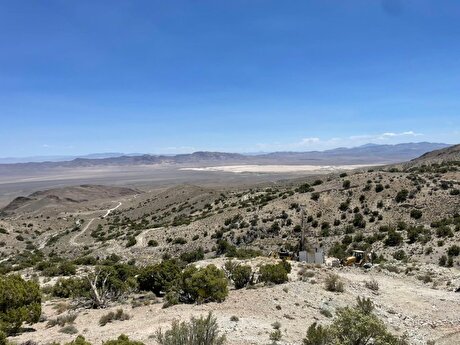
Over €35b of non-oil income injected to NIMA in 5 months
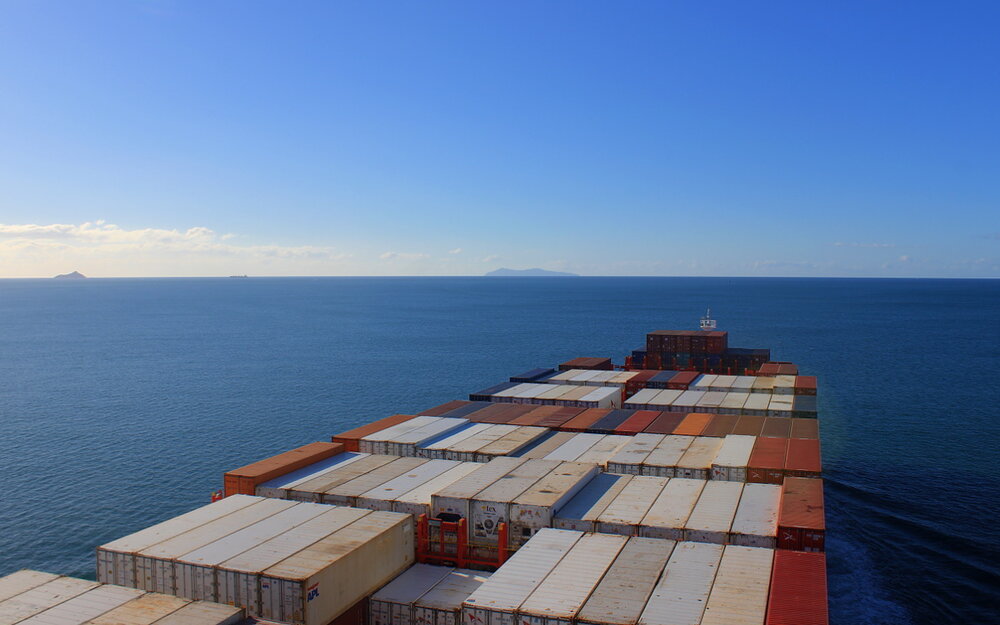
Releasing a report on the return of the non-oil exports revenue to the country's economic cycle since the year start, Hamid Zadboum said 68 percent of the income earned via non-oil exports has been returned, TPO published on its website on Wednesday.
NIMA, which seeks to boost transparency, creates competitiveness among exchange shops, and promotes a secure environment for traders, is a new chance for importers to supply their required foreign currency without specific problems and for exporters to re-inject their earned foreign currency to domestic forex market. It was inaugurated to allow exporters of non-oil commodities to sell their foreign currency earnings to importers of consumer products.
In late May 2019, the Central Bank of Iran (CBI) unveiled a directive package that provided the country’s exporters with guidelines about how they should re-inject their foreign currency incomes into the country’s economy.
Based on the new directive, for the petrochemical sector, the exporters should present at least 60 percent of their foreign currency incomes into NIMA, and a maximum 10 percent could be injected into the financial system in the form of hard currency and the rest could be used for importing necessary goods.
As for other exporters, at least 50 percent of the total earnings should be presented at the NIMA system and a maximum of 20 percent could be distributed in form of hard currency and the rest can be used for imports.
The instructions aimed to lead the export revenues from the non-oil exports back into the country’s economy through NIMA, mandate all the exporters of goods and services to guarantee to bring back to the country the foreign currency amount allocated to them by the government at lower prices than the free market.


Gold price eases after Trump downplays clash with Fed chair Powell

Copper price hits new record as tariff deadline looms
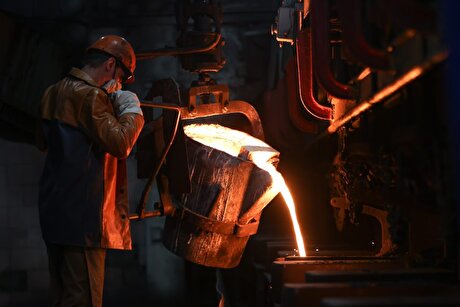
Brazil producers look to halt pig iron output as US tariff threat crimps demand
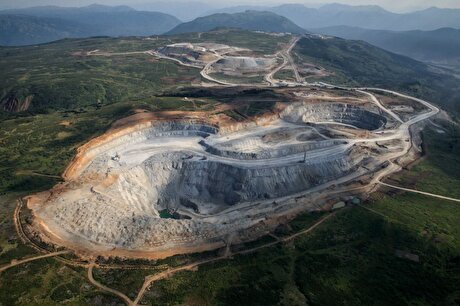
Three workers rescued after 60 hours trapped in Canada mine

Gold price could hit $4,000 by year-end, says Fidelity
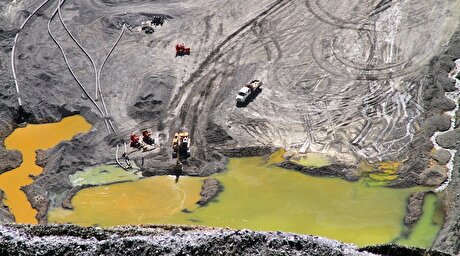
US targets mine waste to boost local critical minerals supply
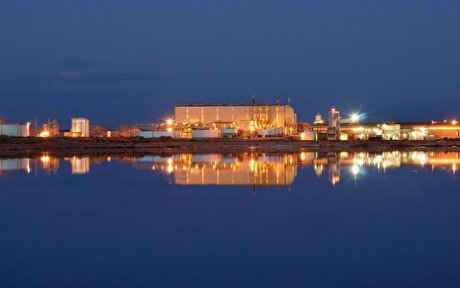
Energy Fuels surges to 3-year high as it begins heavy rare earth production
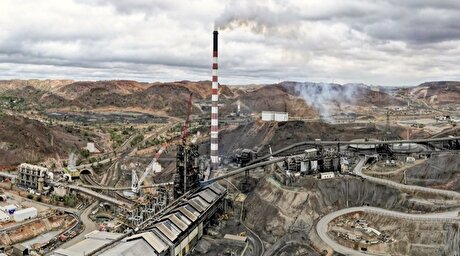
Glencore workers brace for layoffs on looming Mount Isa shutdown
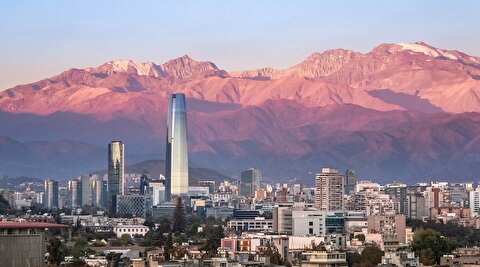
Chile’s 2025 vote puts mining sector’s future on the line

Kinross divests entire 12% stake in Yukon-focused White Gold

Gold price could hit $4,000 by year-end, says Fidelity

Southern Copper expects turmoil from US-China trade war to hit copper

Ramaco Resources secures five year permit for Brook rare earth mine in Wyoming

Column: EU’s pledge for $250 billion of US energy imports is delusional
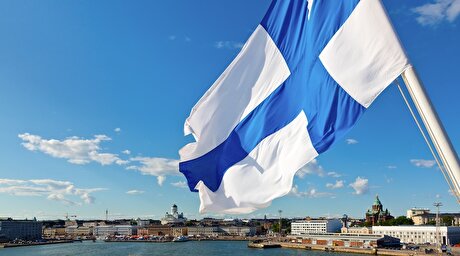
Finland reclaims mining crown as Canada loses ground
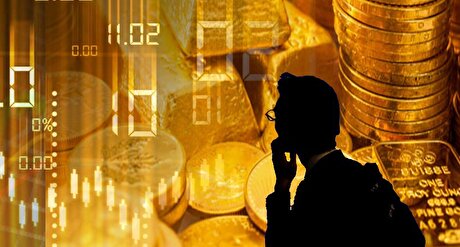
Gold price down 1% on strong US economic data
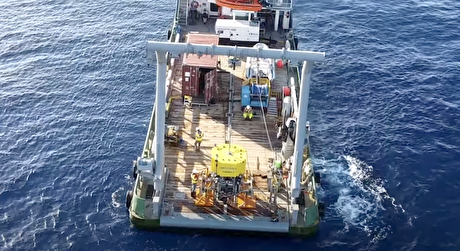
Trump’s deep-sea mining push defies treaties, stirs alarm

Chile’s 2025 vote puts mining sector’s future on the line
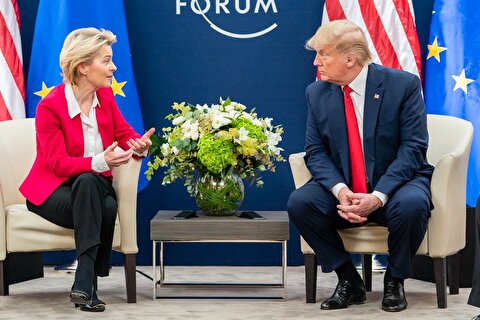
Gold price retreats to near 3-week low on US-EU trade deal

Gold price could hit $4,000 by year-end, says Fidelity

Southern Copper expects turmoil from US-China trade war to hit copper

Ramaco Resources secures five year permit for Brook rare earth mine in Wyoming

Column: EU’s pledge for $250 billion of US energy imports is delusional

Gold price down 1% on strong US economic data

Trump’s deep-sea mining push defies treaties, stirs alarm

Chile’s 2025 vote puts mining sector’s future on the line

Gold price retreats to near 3-week low on US-EU trade deal
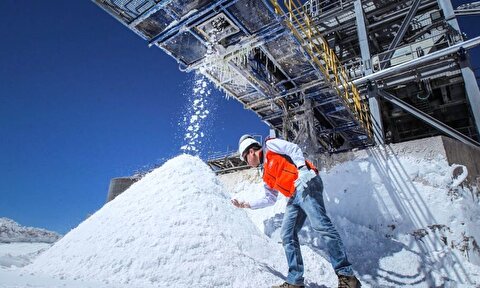
China’s lithium markets gripped by possible supply disruptions
